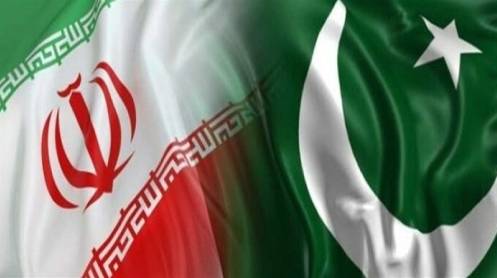ISLAMABAD: Pakistan and Iran have agreed to extend their electricity sale agreement, with the new pricing set between 7.7 to 11.45 cents per kWh. The agreement follows successful negotiations between the Central Power Purchasing Agency–Guaranteed (CPPA-G) and Iran’s Tavanir, reliable sources revealed.
The previous agreement, which expired on December 31, 2024, facilitated the import of 100 MW of electricity from Iran to supply Balochistan’s border areas. Payments were made through informal channels or under barter trade arrangements. The Prime Minister’s Office had requested updates on the renewal of the agreement, prompting swift negotiations.
Iran’s embassy submitted a list of pending dues to CPPA-G for clearance. A delegation from Tavanir visited Islamabad on December 25, 2024, and detailed discussions were held over the following two days. The finalized terms, outlined in Amendment No. 10, were shared with the Prime Minister’s Office.
Key elements of the agreement include a revised pricing formula:
R = 3.2 + 0.075xP, where R represents the electricity price in US cents per kWh, 3.2 is the fixed cost, and P is the average monthly price of a crude oil barrel in US dollars (ranging from $60 to $110), based on OPEC data. Despite fluctuations, the price is capped between 7.7 to 11.45 cents per kWh.
Additionally, both parties incorporated line loss-sharing mechanisms for interconnection lines, including Polan-Jiwani (August 2023) and Pishin-Mand (June 2024), into the agreement. The buyer also committed to a minimum take-or-pay clause of Rs 30 million for all interconnection lines.
Sources disclosed that Tavanir Chairman Mostafa Rajabi Mashhadi emphasized the need for renewal in prior correspondence with CPPA-G CEO Rihan Akhtar. The agreement aims to ensure uninterrupted electricity supply to Balochistan, despite the high cost exceeding Rs 27 per unit, which is higher than electricity generated using imported coal and RLNG.
Both governments are set to formalize Amendment No. 10 and notify relevant authorities to proceed with implementation, marking a significant step in regional energy cooperation.
Story by Mushtaq Ghumman







